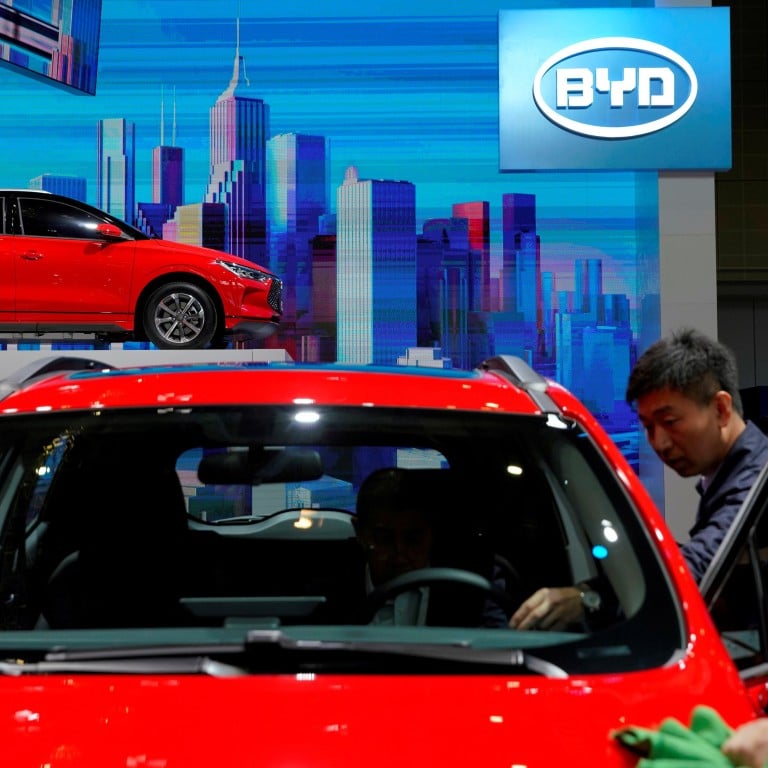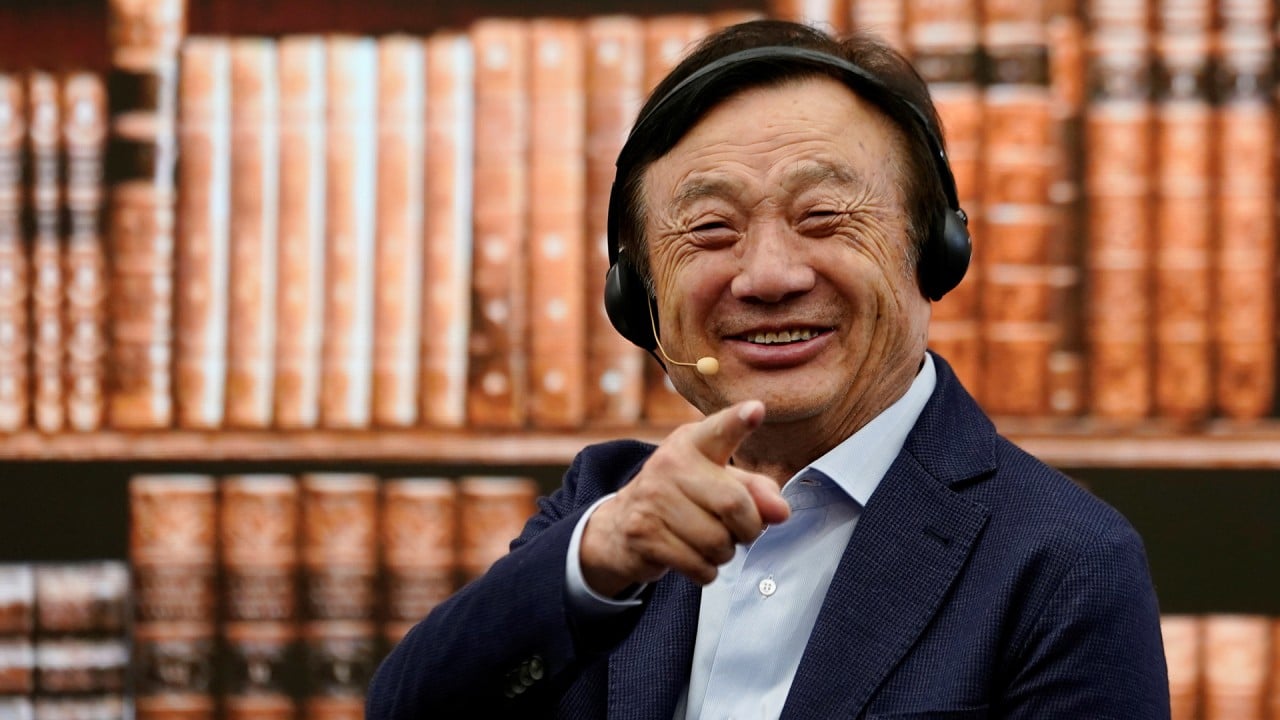
Chipmaking arm of Chinese electric vehicle maker BYD raises US$265 million ahead of listing
- Investors including Sequoia, CICC Capital and SDIC Fund will get a total equity interest of about 20.2 per cent in BYD Semiconductor
- BYD’s move to bolster its chipmaking arm comes at a time when China is scrambling for self-sufficiency in the semiconductor sector
The new funding raised from the investment round led by Sequoia Capital China Fund, CICC Capital and SDIC Fund will be used, among other things, to promote BYD Semiconductor’s position in the industry, enhance its independence from its parent company and help it expand across the semiconductor, automotive and consumer electronics industrial chains, BYD said in a filing to the Hong Kong Exchanges and Clearing on Tuesday.
After the capital increase based on BYD Semiconductor’s pre-investment valuation of 7.5 billion yuan, the 14 strategic investors will gain an equity interest of about 20.2 per cent in the subsidiary. BYD still owns about 78.5 per cent of BYD Semiconductor after the investment and the semiconductor unit “will remain a controlled subsidiary” of the company, the Shenzhen-based carmaker said.
Last month, the company renamed the unit from BYD Microelectronics to BYD Semiconductor and announced that it would introduce strategic investors as part of an internal restructuring “designed to deeply integrate and focus on the Company’s semiconductor business”, according to a separate filing to the Hong Kong bourse in April.
How China’s semiconductor insiders rate the nation’s self-reliance drive
The electric carmaker’s move to bolster its chipmaking business comes at a time when China is scrambling for self-reliance in the semiconductor sector.
The ongoing US-China trade war has shown the Trump administration’s willingness to block Chinese access to everything from software to semiconductors to nuclear technology to slow the rise of the world’s second-largest economy, while exposing China’s dependence on American technology.

08:55
Huawei's founder on US sanctions, 5G leadership and building trust in Europe
BYD’s expansion of its semiconductor business could help answer China’s call for companies to help the country achieve self-sufficiency in chip production, some analysts say.
“It is an imperative task for home-grown semiconductor makers to break the stranglehold [imposed by the US],” researchers from Beijing-based research firm Hua Chuang Securities wrote in a report on Wednesday, adding that BYD’s move to expand its chipmaking arm “is in line with where the industry is headed”.
According to a Bloomberg report, BYD Semiconductor is one of only a few companies worldwide and the only Chinese company that can independently produce insulated gate bipolar transistors (IGBTs), which are key components for reducing power loss and improving reliability in electric vehicles.
Kai Wenming, an analyst from Chinese brokerage house New Times Securities, wrote in a report published on Tuesday that if each electric vehicle in China spends 4,000 yuan on IGBT parts, the market will be worth 30 billion yuan by 2025.
As China’s “biggest automotive-grade semiconductor manufacturer”, BYD is currently better-positioned than any other Chinese company to dominate the IGBT market, Kai added.

